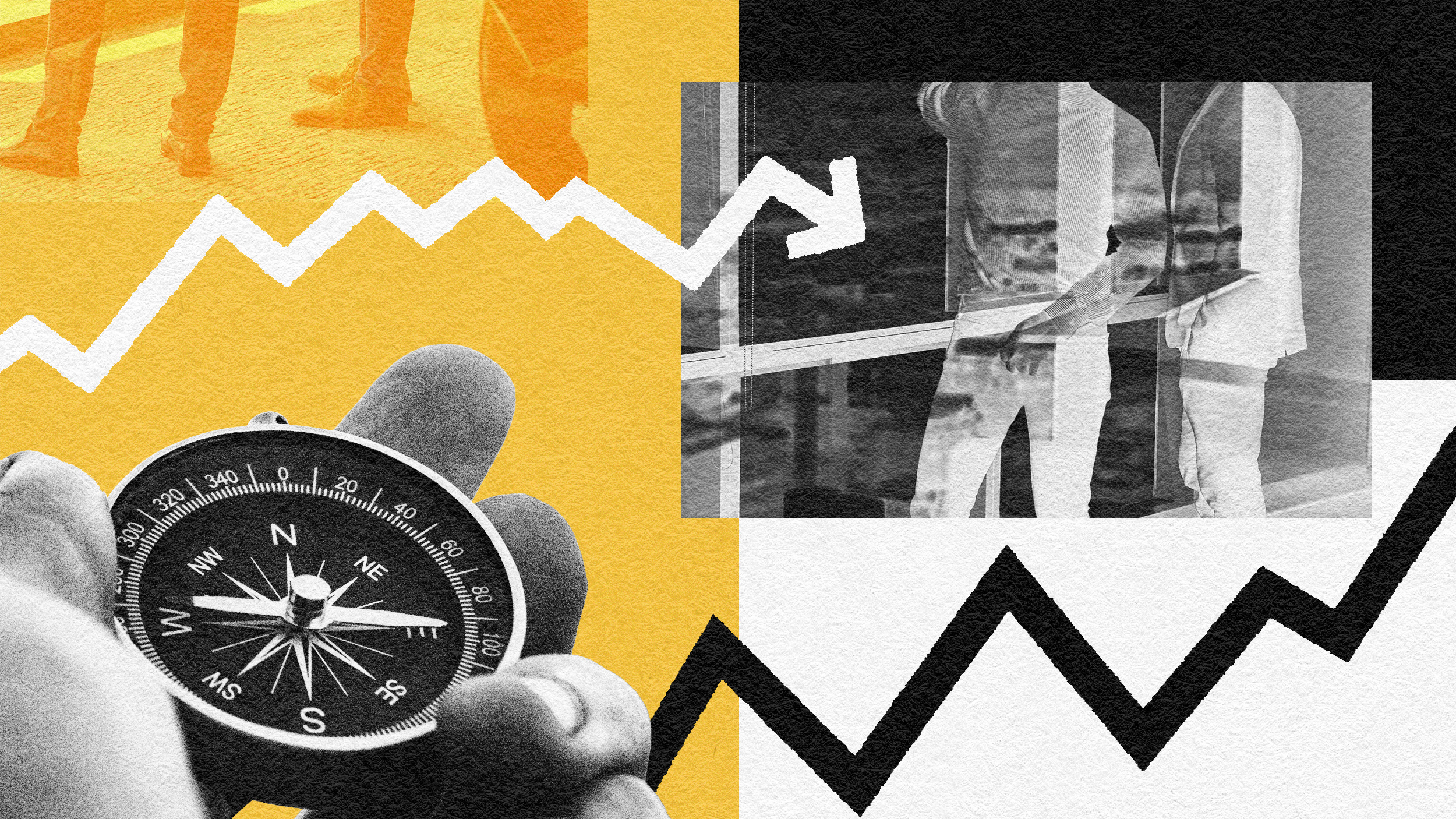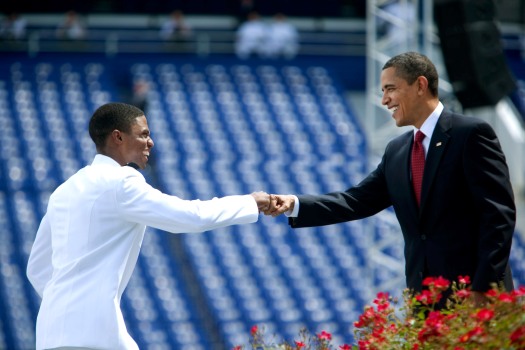The Worst Financial Crisis Ever?

On Tuesday, former Federal Reserve Chairman Alan Greenspan said that the financial crisis that triggered our current recession was “by far the greatest financial crisis, globally, ever.” That’s right, even worse that the collapse of the stock market in 1929, because for the first time short-term credit was “literally withdrawn.” And with housing starts and car sales still “dead in the water,” Greenspan said, we may not see a real recovery any time soon.
Greenspan is not alone in his dire pronouncements. Naked Capitalism has a long list of economists and bankers who think our current economic crisis could compare to the Great Depression, including current Federal Reserve Chairman Ben Bernanke, former Federal Reserve Chairman Paul Volcker, Nobel Prize-winning economist Joseph Stiglitz, and billionaire investor George Soros. While this downturn has not been as painful as the Great Depression, in part because we avoided some of the policy mistakes we made after the 1929 crash, this economic crisis itself may have been more severe. And it may take a long time for us to recover.
A large part of the problem is that, as Greenspan says—putting it mildly—the economic recovery is “extremely unbalanced.” While the rest of the economy languished last year, Wall Street flirted with record profits, thanks largely to our bailout of the financial industry. While things would almost certainly be worse for the average American—might be be much worse, in fact—without the bailout, as I’ve written before, Wall Street has done little to stimulate the rest of the economy. It’s not as easy to bail out the average American as it is to bail out large banks, but there’s more we can and should do. The trillions of dollars American households lost during the crash have not come back. Unemployment remains at almost 10%, and economists expect next weeks’ job report to show that the economy continued to lose jobs in February. Without new jobs and the wage growth that accompanies them, consumer spending—which accounts for about 70% of the economy—will remain weak. That means housing starts and car sales, which usually drive a recovery, will also remain weak. And that means this recession could last a long time.





